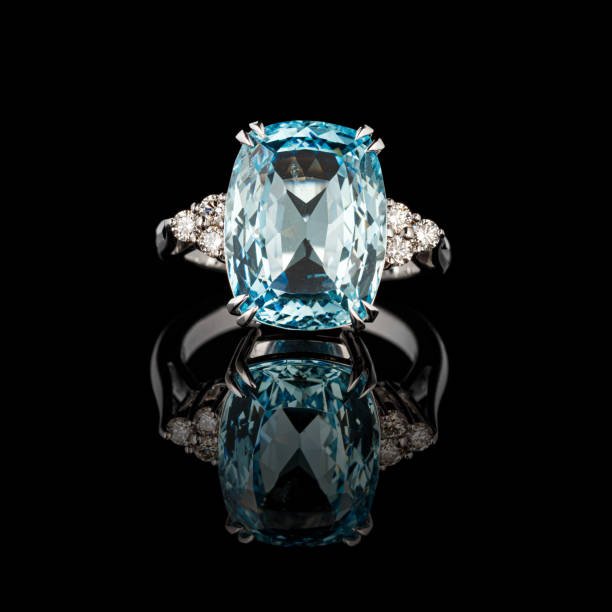Natural Aquamarine: Complete Guide for Trade, Jewelry, and Collections
This comprehensive guide provides everything you need to know about natural aquamarine, for trade partners, jewelers, and collectors alike.
Overview
Natural aquamarine, a member of the beryl family, is cherished for its enchanting blue color, which can range from pale blue to deep sea blue. With a hardness of 7.5 to 8 on the Mohs scale, aquamarine is durable and suitable for various types of jewelry, including rings, necklaces, and earrings. Its clarity and brilliance make it a popular choice for both everyday wear and special occasions. As a symbol of tranquility and clarity, aquamarine holds a special place in the gemstone market, appealing to both collectors and jewelry enthusiasts alike. Understanding its characteristics, sources, and market dynamics is crucial for anyone involved in its trade or collection.
Physical Properties and Specifications
Chemical Composition: Be₃Al₂(SiO₃)₆
Hardness: 7.5 - 8 on the Mohs scale
Crystal System: Hexagonal
Refractive Index: 1.577 - 1.583
Specific Gravity: 2.68 - 2.74
Pleochroism: Weak, typically shows slight variations in color
Fluorescence: Generally inert, but can show weak fluorescence under UV light
Cleavage/Fracture: Perfect cleavage in one direction, conchoidal fracture
Color and Quality Classifications
Available Color Ranges
Primary hues: Blue, greenish-blue
Secondary modifications: Light blue, teal
Tone and saturation ranges: Light to dark tones with vivid saturation
Premium colors: Deep blue with high saturation
Commercial grades: Light blue to medium blue shades
Clarity Characteristics
Typical inclusion types: Bubbles, liquid inclusions, and silk
Clarity grading standards: Eye-clean to included
Source-specific features: Unique inclusions that may indicate origin
Eye-clean criteria: No visible inclusions to the naked eye
Source Locations and Material
Historic sources
Brazil, Nigeria, Madagascar, and Zambia
Current production
Significant production is currently from Brazil and Nigeria.
Source-specific characteristics
Each location imparts distinct characteristics in color and clarity.
Production trends
Rising demand for aquamarine has led to increasing prices, especially for high-quality specimens.





